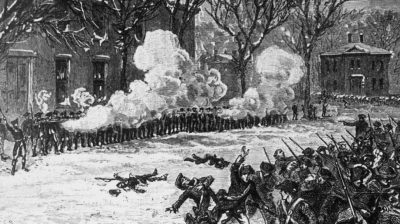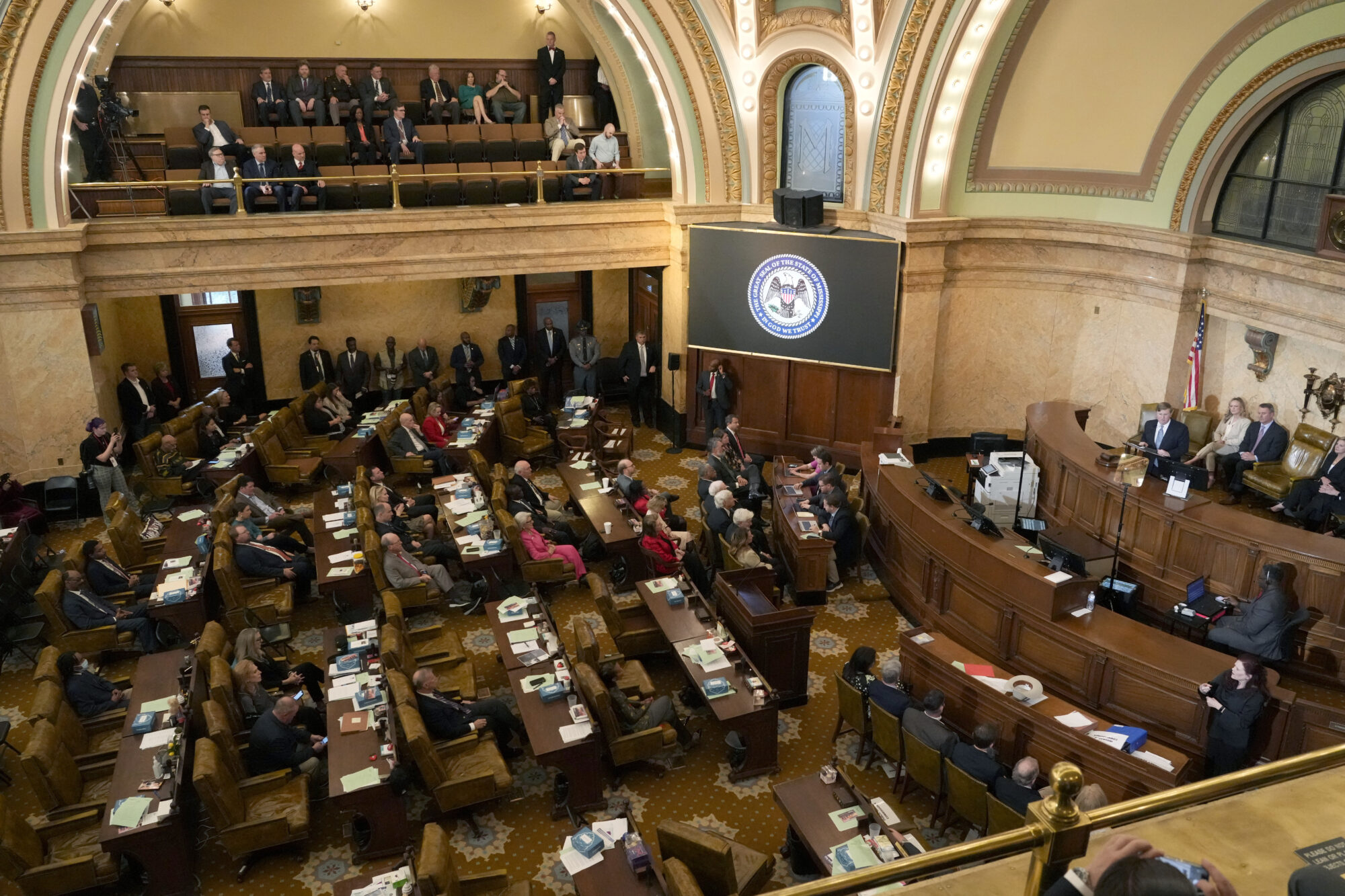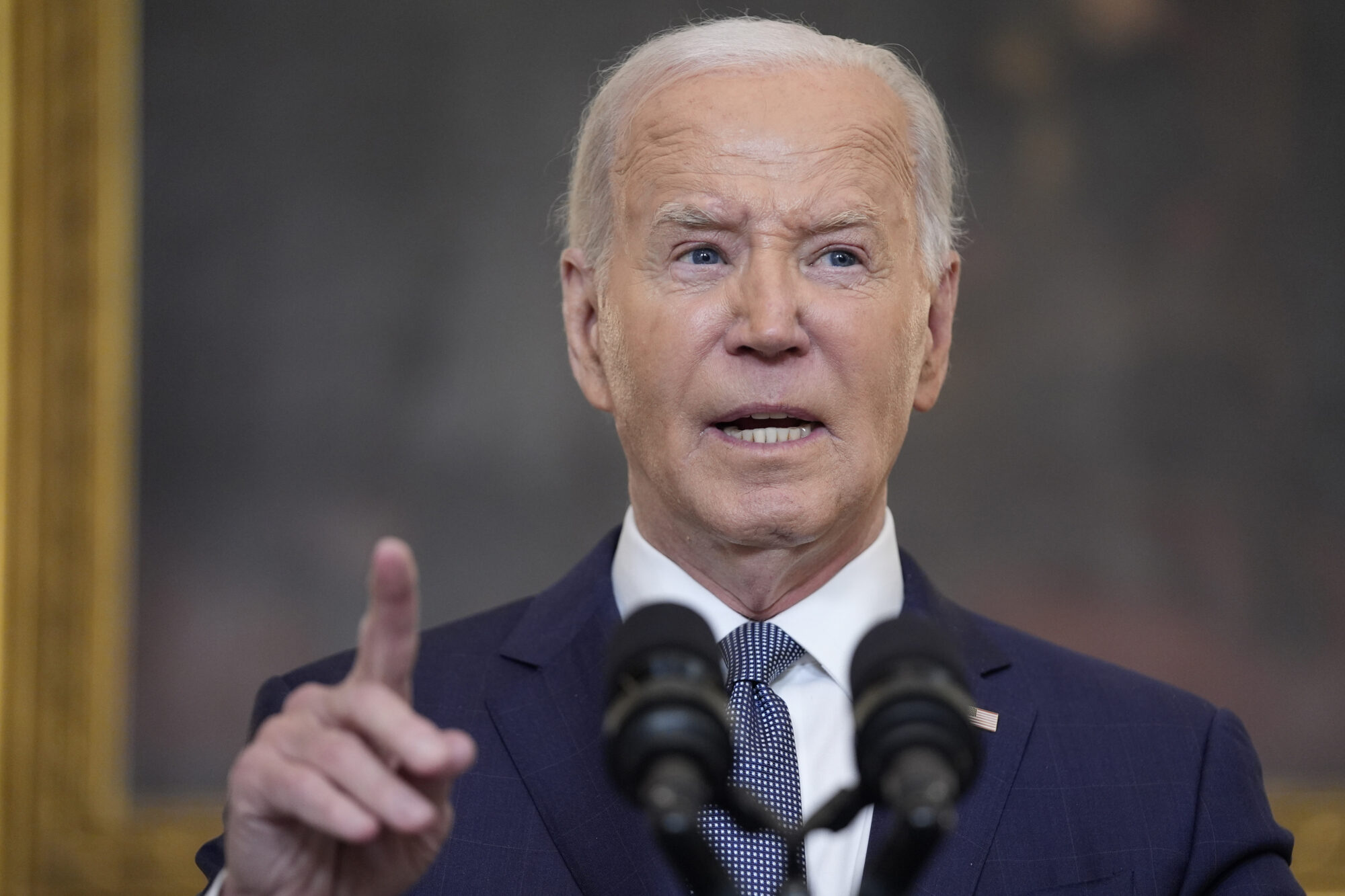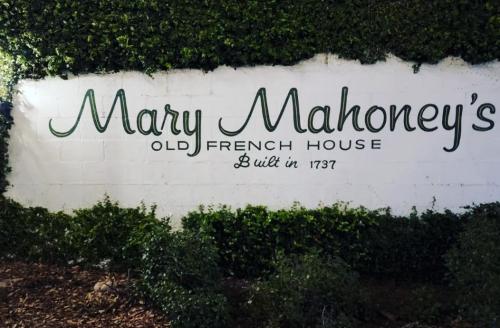
America could use a brief history lesson.
In a 1787 letter to William Stephens Smith, the son-in-law of John Adams, Thomas Jefferson wrote, “The tree of liberty must be refreshed from time to time with the blood of patriots and tyrants. It is its natural manure.”
This quote can be seen in memes across social media, more often than not as an attempt to justify acting out against the government. However, that is not the context Jefferson himself sought to convey in the letter where this line first appeared.
In truth, what Jefferson was saying in his letter was a commentary on the responsibility by the nation’s leaders in how they communicate and inform the people as well as offering a remedy to the republic when the natural passions of its citizens are stirred.
Jefferson was in Europe in 1787 as the U.S. Constitution was being finalized. During that time, what is known as Shays’ Rebellion broke out in Massachusetts.
Debtors’ courts were filled with farmers who had fought in the Revolutionary War, in large part due to the fact that they had received little compensation for their service to their new country. At the same time, Massachusetts residents were being taxed at levels beyond that which the British had imposed. Foreclosures and arrests were being made. Reforms were proposed but went unheard as they were dismissed as sedition. Protests ensued. Economic struggles grew into armed conflict. Judges were blocked from entering courthouses. Militia was called in to help quell the unrest.
Daniel Shays, who had fought for America in the war, took up arms and became the leader of thousands who sought to force negotiation and pass reforms to the economic policies negatively impacting farmers, businesses, and the common man. Following skirmishes resulting from actions by both Shays supporters and the government, Shays’ group, armed with guns, clubs and pitchforks, attempted to raid a federal arsenal to obtain weapons. Federal troops responded, firing on the insurgents. With a few dead and a couple dozen wounded, most retreated and sought refuge in other states. The incident was viewed as an insurrection against the new country.
The Massachusetts Legislature passed the Disqualification Act not long after that Shays’ Rebellion. Those involved were barred from holding public office, serving on juries and even voting for three years. Then, in mid-1787, Governor John Hancock pardoned many of the participants in the conflict and the Legislature eased its position as well, placing a moratorium on debts while cutting taxes. Even Shays was pardoned a year later.
Jefferson was likely learning of these events through letters and European newspapers. His reaction is what we find in his 1787 letter where the now famous quote appears. Yet, put in the proper context, what we see is that Jefferson is not defending such actions or providing a justification for them, but rather, he is offering insight into why those events were natural and not troubling.
To hear Jefferson tell it, such acts as that of Shays and those who felt oppressed and mistreated by their new government was a positive sign that the people were not asleep, that they stood ready to guard their liberties and fight for the rights many of their fellow citizens had died for just a few years ago.
Jefferson understood that America’s greatness was in the difference in how this new land of freedom would remedy such acts, saying that it was the nation’s leaders’ responsibility to “set them right as to facts, pardon and pacify them.” He believed that while their actions may be ill-advised, boiling out of great passion for their liberties amidst being poorly informed – “ignorance, not wickedness,” as he wrote – better communication was needed from the leaders to the people.
Jefferson’s greatest fear was not that such rebellion or insurrection would occur, but rather that, as he wrote, “If they remain quiet under such misconceptions it is a lethargy, the forerunner of death to the public liberty.”
As this founding father saw it, our republic should expect such acts from free men from time to time, as that is the natural result of a nation based in liberty. “God forbid we should ever be 20 years without such a rebellion,” Jefferson opined, meaning the people should be awake and ever diligent.
Our nation today is as divided politically as it has ever been. Many on the left would like nothing more than to cancel those on the right, using one man or one action as justification while conveniently dismissing similar words and deeds within their own ranks. This second impeachment trial of former President Donald Trump is an attempt at silencing half the country while lumping them in with a few bad actors who, through their misguided, ill-informed passions, acted out.
In these times, Jefferson would likely have expected nothing less, yet based on his own writings, he would have tempered the government’s response toward the masses and placed the burden of better informing the public through facts and providing mercy to those involved squarely on the shoulders of the nation’s leaders of all stripes, no matter the party or ideology.
As Josiah Quincy, John Adams’ co-counsel, once said in his defense of the British soldiers on the heels of the Boston Massacre, “We must steel ourselves against passions, which contaminate the fountain of justice… How careful, lest borne away by a torrent of passion, we make shipwreck of conscience.”
Read the excerpt of Jefferson’s 1787 letter below for yourself::
“…The British ministry have so long hired their gazetteers to repeat and model into every form lies about our being in anarchy, that the world has at length believed them, the English nation has believed them, the ministers themselves have come to believe them, and what is more wonderful, we have believed them ourselves. Yet where does this anarchy exist?
“Where did it ever exist, except in the single instance of Massachusetts? And can history produce an instance of a rebellion so honourably conducted? I say nothing of it’s motives. They were founded in ignorance, not wickedness. God forbid we should ever be 20 years without such a rebellion.
“The people can not be all, and always, well informed. The part which is wrong will be discontented in proportion to the importance of the facts they misconceive. If they remain quiet under such misconceptions it is a lethargy, the forerunner of death to the public liberty.
“We have had 13 states independant 11 years. There has been one rebellion. That comes to one rebellion in a century and a half for each state. What country before ever existed a century and half without a rebellion?
“And what country can preserve its liberties if their rulers are not warned from time to time that their people preserve the spirit of resistance? Let them take arms.
“The remedy is to set them right as to facts, pardon and pacify them.
“What signify a few lives lost in a century or two? The tree of liberty must be refreshed from time to time with the blood of patriots and tyrants. It is it’s natural manure…”











